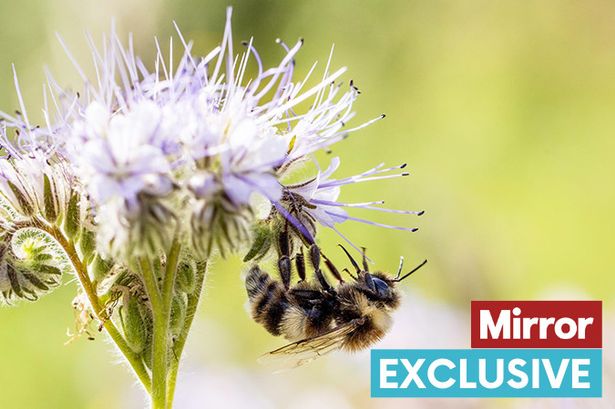The critical role of bees in maintaining global food security and biodiversity cannot be overstated. These tiny creatures are the primary pollinators for a vast array of plant species, including approximately 75% of the world’s food crops and a substantial portion of wild flowering plants. Without bees, the consequences would be devastating, cascading through ecosystems and impacting life far beyond the immediate loss of honey. The disappearance of bees would initiate a domino effect, beginning with the decline of plant populations reliant on bee pollination. This decline would, in turn, affect herbivorous animals that depend on these plants for sustenance, ultimately impacting carnivores higher up the food chain. The disruption of this intricate web of life would lead to widespread ecosystem collapse, threatening global food supplies and the delicate balance of nature.
The mechanism of this ecological collapse begins with the loss of pollination services provided by bees. Plants reproduce through pollination, the transfer of pollen from the male anther to the female stigma of a flower. Bees, along with other pollinators, facilitate this transfer as they collect nectar and pollen, inadvertently carrying pollen grains from one flower to another. This crucial interaction enables plants to produce seeds and fruits, ensuring the continuation of their species and providing food for a multitude of animals. Without bees, many plant species would struggle to reproduce effectively, leading to declining populations and eventually, extinction. The loss of these plant species would have profound ripple effects throughout the ecosystem.
The impact on food crops would be particularly devastating. A significant portion of the human diet, including fruits, vegetables, nuts, and seeds, relies on bee pollination. The decline or disappearance of bees would drastically reduce the yield of these crops, leading to food shortages, economic instability, and potential famine. Beyond the direct impact on human food supplies, the loss of bee-pollinated plants would also affect livestock, as many farm animals rely on these plants for fodder. The resulting shortages in animal feed would further exacerbate food security issues and disrupt the agricultural industry. This interconnectedness highlights the vital role bees play in supporting both human and animal populations.
The ecological consequences extend far beyond agriculture. The loss of wild flowering plants due to insufficient pollination would disrupt the intricate web of life in countless ecosystems. Herbivorous animals, from insects to large mammals, depend on these plants for food. Their decline would lead to a decrease in the populations of these herbivores, creating a ripple effect up the food chain. Carnivores that prey on these herbivores would also experience population declines due to dwindling food sources. This cascading effect would destabilize ecosystems, leading to biodiversity loss and potential ecosystem collapse.
The ripple effects of bee decline extend beyond direct food sources. Many plants play crucial roles in maintaining ecosystem health, including soil stabilization, water purification, and carbon sequestration. The loss of these plants would exacerbate environmental problems like soil erosion, water pollution, and climate change. Furthermore, bees contribute to the genetic diversity of plants through cross-pollination, ensuring the resilience of plant populations to environmental changes and diseases. Without bees, plant populations would become more vulnerable, further accelerating their decline and the subsequent collapse of dependent ecosystems.
Addressing the decline in bee populations is a complex challenge requiring a multi-faceted approach. Factors contributing to bee decline include habitat loss, pesticide use, climate change, and diseases. Efforts to mitigate these threats involve promoting sustainable agricultural practices, reducing pesticide use, creating bee-friendly habitats, and supporting research into bee health and disease management. Raising public awareness about the importance of bees and the threats they face is also crucial. Individual actions, such as planting pollinator-friendly gardens and supporting local beekeepers, can also contribute to bee conservation efforts. Recognizing the interconnectedness of life within ecosystems and the essential role bees play in maintaining this delicate balance is fundamental to preserving biodiversity and ensuring a sustainable future.














